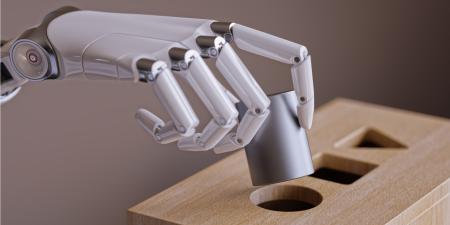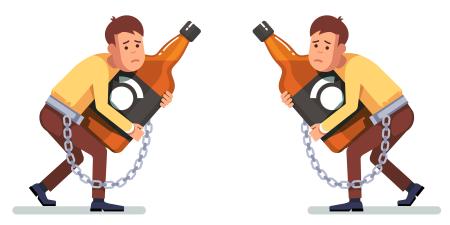Case
Scott Lynch is a third-year emergency medicine resident in a large urban teaching hospital. Dr. Lynch has 2 fourth-year medical students under his supervision. Lydia Santos and Carl Mason have a few days remaining in their month-long clerkship, and the ER has supplied rich opportunities to observe and participate in treating patients with acute illness and injury as well as those who use the ER for primary care.
Dr. Lynch, a conscientious clinician and teacher, is pleased with Lydia and Carl's performance during their rotation. He has been increasingly including them in hands-on treatment whenever he judged it prudent. Each has gained a good knowledge base and is acquiring skills in suturing lacerations, wound debridement, and assisting in advanced CPR codes.
On the students' last day in the ER rotation, Mrs. Milos is brought in by ambulance from a local skilled nursing facility. Mrs. Milos, a 76-year-old woman with a history of two previous MIs, complained of shortness of breath, so the nursing home staff called the ambulance. On the way to the hospital, Mrs. Milos suffered cardiac arrest. The ambulance crew continued chest compressions and administered shock and pharmacologic treatment. Mrs. Milos was intubated when the EMTs wheeled her into the ER.
At about the same time, Mrs. Milos's son arrives by car and comes into the emergency room asking to see his mother. He is kept away from the resuscitation attempts and wais for news about his mother outside the treatment area.
Despite all attempts to resuscitate Mrs. Milos, Dr. Lynch calls off the code approximately 20 minutes after her arrival in the ER. Within moments of calling off the code, he says to Lydia, "On the chance that there's some pericardial blood, I want you to do a pericardiocentesis. It's something you need to know how to do." Lydia prepares to follow Dr. Lynch's instructions.
Commentary 1
Dr. Lynch appears to have fulfilled his teaching obligations to Lydia Santos and Carl Mason very responsibly, and, undoubtedly, they have had an excellent learning experience as senior medical students during their one-month ED rotation. However, performing pericardiocentesis (or any other invasive learning procedure) without consent, after halting resuscitative efforts and the pronouncement of death is unethical. The question of performing procedures on the newly deceased was referred to the Council on Ethical and Judicial Affairs (CEJA) about 3 years ago by the House of Delegates of the AMA in response to a resolution introduced by the AMA Medical Student Section. In June 2001, CEJA Opinion 8.181, "Performing Procedures on the Newly Deceased," was adopted as AMA ethical policy by the House of Delegates. It calls for obtaining consent from the patient upon hospitalization or seeking permission by an advance directive or from the patient's guardian before performing a procedure after death. The Opinion states, "When reasonable efforts to discover previously expressed preferences of the deceased or to find someone with authority to grant permission for the procedure have failed, physicians must not perform procedures for training purposes on the newly deceased patient."
Appreciating that "preserving, expanding (research), and teaching the body of knowledge" distinguishes medicine as a profession, patients should be educated to understand that hands-on learning experiences are essential, with the most junior learning under the guidance of those more senior. Informed consent should be obtained at the time of hospitalization from the patient or surrogate, so that, in the event of death, a medical student, resident, or fellow might expand his or her skill by performing a procedure under supervision. Opinion 8.181 clearly states that "the teaching of life-saving skills should be the culmination of a structured training sequence rather than relying on random opportunities," and that such "training should be performed under close supervision, in a manner and environment that takes into account the wishes and values of all involved parties." The Opinion also recommends that any procedures undertaken on the newly deceased be recorded in the medical record.
Developing skills as a physician draws fundamental human emotions into the pursuit of learning. Most physicians remember performing their first venapuncture. Acquiring skills and new knowledge in medicine is a life-long experience. Opinion 8.181 should prompt hospitals to seek from all patients, upon admission, permission for authority to approve or reject the performing, after death and under supervision, of procedures to improve the skills of trainees in order that they may better serve their future patients. Permission to acquire skills in this manner is recognized as a very special privilege.



